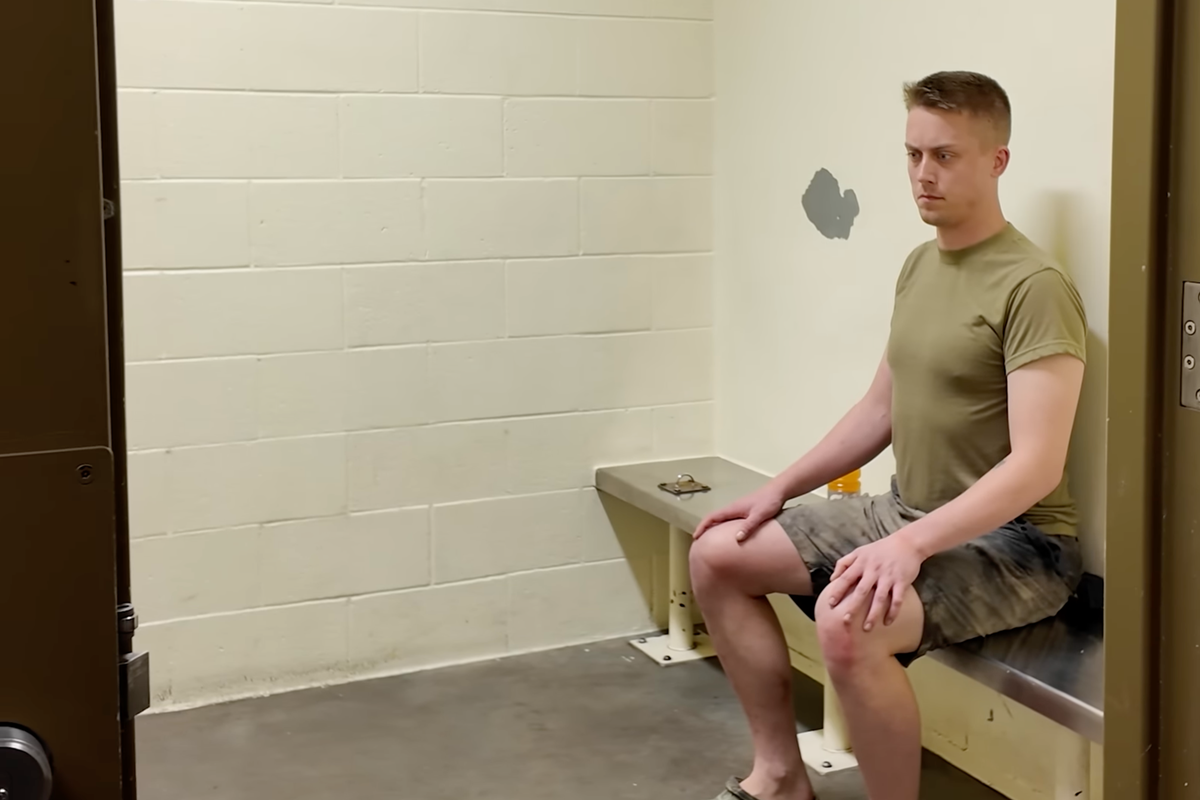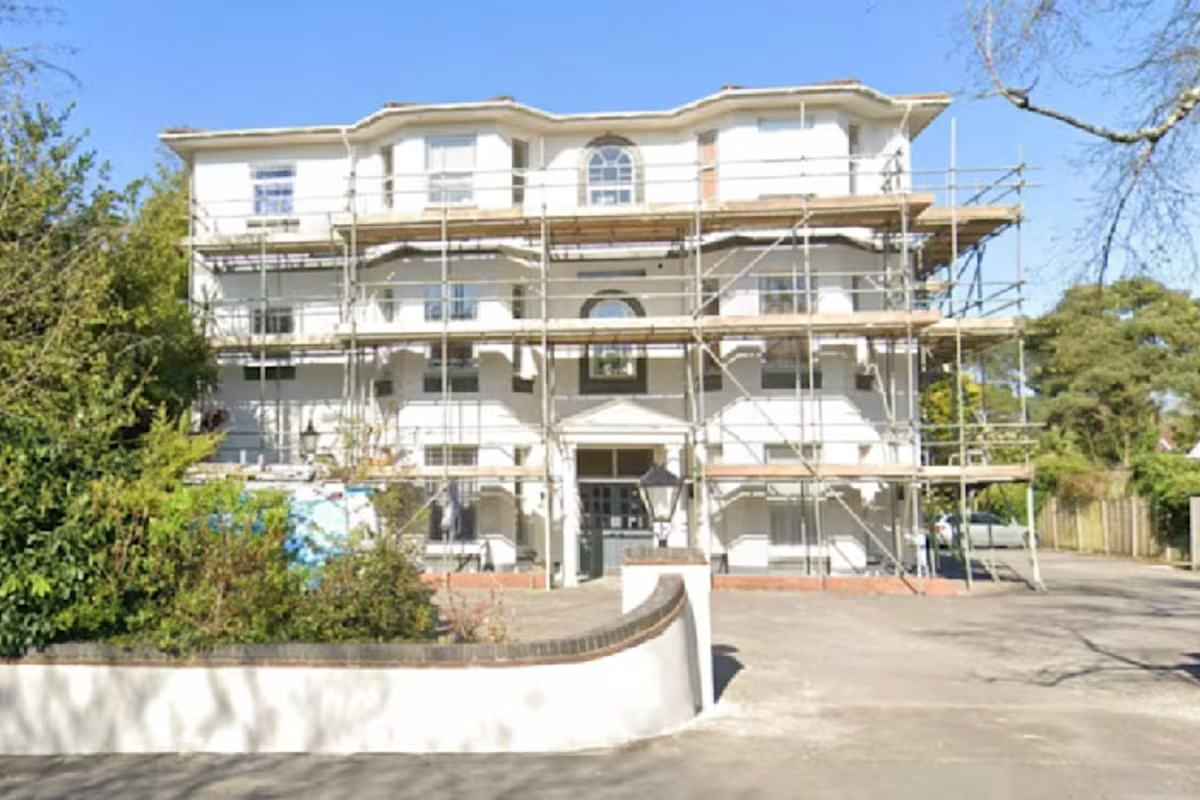Every UK police force now has a dedicated officer for journalists facing threats of abuse and violence, the government has said.
Journalist safety liaison officers (JSLOs) form part of a “strengthened partnership” between police, government and media professionals, who have increasingly become targets both online and on the ground, it said.
“Too often, journalists are put in harm’s way while fulfilling their vital role of delivering accurate news to the public,” said Media Minister Ian Murray. “It is only right that they feel supported and protected.”
The Society of Editors and the News Media Association welcomed the move, while the National Union of Journalists (NUJ) called it a “crucial milestone”.
All 43 forces in England and Wales, the British Transport Police and Counter Terror Policing now have a JSLO, the Department for Culture, Media and Sport (DCMS) said.
This is in addition to pre-existing JSLOs in Scotland and Northern Ireland.
The DCMS said the officers can provide safety guidance ahead of high-risk reporting, such as protests, and ensure crimes against journalists are consistently recorded and addressed.
The officers were appointed as part of the government’s national action plan for the safety of journalists, launched by the previous Conservative administration in October 2023.
In recent years, there have been rising fears that press freedom is coming increasingly under attack.
Among the most high profile cases was the murder of Lyra McKee, who was shot while observing a rioting in the Creggan estate in Derry in April 2019.
In June, a report by Amnesty International – dedicated in part to Ms McKee – found that there had been 71 attacks or threats on journalists in Northern Ireland since 2019.
Dozens of journalists reported receiving death and bomb threats, while some said they had installed bullet-proof windows, reinforced doors, panic buttons and CCTV cameras to protect them in their homes.
The report also found that many journalists no longer reported threats due to “time consuming processes and lack of action or positive outcome”.
Murray said he hoped by appointing a JSLO in every police force that reporters would “feel reassured knowing they have a direct point of contact if issues arise”.
A spokesperson for the National Police Chiefs Council (NPCC) said it was “proud” to have worked alongside the government on the establishment of JSLOs.
NUJ Secretary-General Laura Davision said the move would be welcomed by reporters.
“No journalist should ever face threats or abuse as part of their role, and ensuring designated contacts to approach serves as a crucial milestone in providing practical, vital support to journalists when needed most,” she said.
Dawn Alford, chief executive of the Society of Editors, said it was “a vital step in ending impunity for crimes against journalists”, while News Media Association chief executive Owen Meredith called it a “very welcome initiative.
A spokesperson for the National Police Chiefs Council (NPCC) said it was “proud” to have worked alongside the government on the establishment of JSLOs.
“We will continue to play our part in ensuring that journalists are protected and empowered to do their jobs without fear or intimidation,” Deputy Chief Constable Sam de Reya added.
Concerns over journalists’ safety extend beyond the UK.
According to the latest data from the US-based Committee to Protect Journalists (CJP), 104 journalists and media workers were killed worldwide in 2024. It said a further 375 had been imprisoned, while 70 others were missing.



